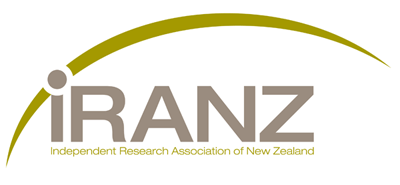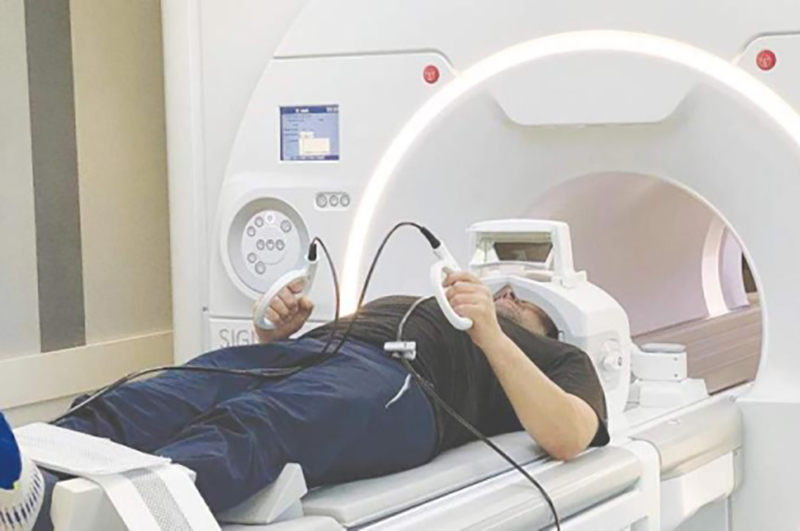Mātai: Marsden Funding for atlas of ADHD brain
Auckland Bioengineering Institute Associate Professor Justin Fernandez (Principal Investigator), and Associate Professor Samantha Holdsworth, Chief Executive and Director of Research at Mātai (Associate Investigator), were successful in a Marsden Fund bid for $870,000 to research using ultra-fast functional MRI scans to reveal differences in the way the brain responds between people who are neurotypical and people who have ADHD.
Professor Holdsworth says, “Justin’s project is using super-fast functional MRI methods (called ‘hyperband fMRI’) to look at the brain in a different dimension. This exciting study may help us get closer to better understand the role of fidgeting in ADHD, and provide a more reliable tool to diagnose ADHD.”
Professor Fernandez says hyperband fMRI opens a window into fast sub-second dynamic brain networks not observed before in Attention Deficit Hyperactivity Disorder (ADHD).
“Our research project will place a new lens on ADHD through hyperband functional MRI to characterise dynamic ADHD brain signatures, not measurable using conventional MRI.
“Integrating these dynamic measurements with anatomical, diffusion, and spectroscopic MRI, will allow new multimodal insights into the ADHD brain.”
The team hope that an MRI-based biomarker of ADHD could potentially help fast track the ADHD diagnosis process. They also seek to better understand the role of fidgeting in ADHD.
“Our preliminary explorations with hyperband functional MRI revealed that during resting the ADHD brain has a different dynamic signature from neurotypicals,” says Justin.
“Our team also revealed, for the first time, that fidgeting motor skills appears to compensate under-arousal in the brain and normalises activation in higher executive regions of the brain.”
Partnering with the Auckland Bioengineering Institute, Mātai Medical Research Institute, and GE Healthcare, the team will assemble the first ever dynamic multimodal ADHD brain atlas alongside the Gisborne/ Tairāwhiti community.
Further Information
Read more about the Mātai Medical Research Institute.
Date posted: 14 November 2022

